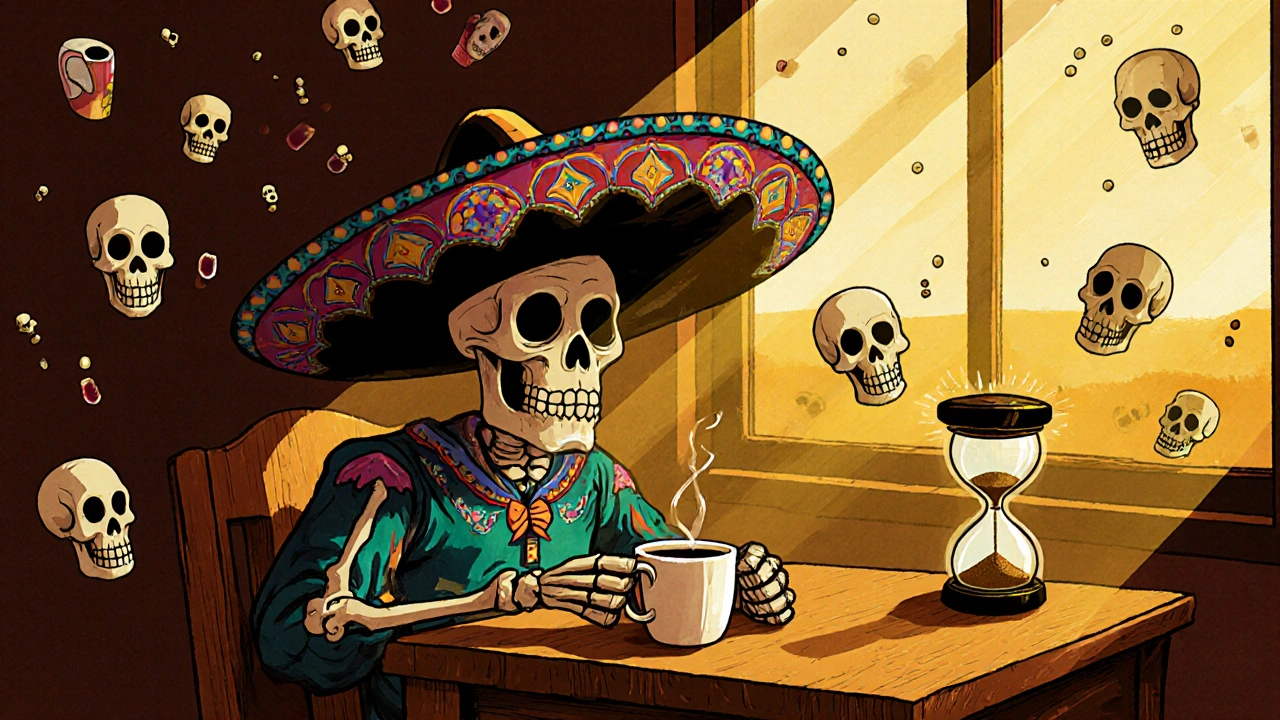Caffeine Cutoff Times: When to Stop Coffee for Better Sleep
Learn the science-backed caffeine cutoff time to improve sleep onset, reduce nighttime wakefulness, and boost sleep quality. Stop guessing-start sleeping better.
When you lie down at night but your mind won’t shut off, you’re dealing with sleep onset, the time it takes to fall asleep after turning off the lights. Also known as sleep latency, this is the first gate to real rest—and when it’s broken, everything else suffers. Most people fall asleep in 10 to 20 minutes. If it takes longer than 30 minutes regularly, that’s not just annoyance—it’s a signal your body or brain isn’t syncing with night.
Circadian rhythm, your body’s internal 24-hour clock, is the main driver of sleep onset. When it’s thrown off by late screens, irregular hours, or shift work, your brain doesn’t get the cue to release melatonin. Sleep hygiene, the habits that prepare your body for sleep, isn’t just about avoiding caffeine. It’s about consistency: same bedtime, same wind-down routine, same dark, cool room. Skip the phone. Skip the news. Skip the ‘just one more episode.’ Your nervous system needs a clear signal that it’s time to switch from alert to asleep.
Stress and anxiety are silent killers of sleep onset. If your brain is replaying conversations, worrying about tomorrow, or racing with thoughts, no amount of melatonin will help. That’s why some people find relief with breathing techniques or journaling before bed—not because they’re magical, but because they quiet the mental noise. Medications like sedatives might help short-term, but they don’t fix the root cause. The real fix? Training your brain to associate bed with sleep, not stress.
And then there’s the hidden stuff: low magnesium, thyroid issues, even undiagnosed sleep apnea. These don’t always show up as snoring or gasping—they just make falling asleep feel like climbing a hill in the dark. If you’ve tried everything and still lie awake for hours, it’s not your fault. It’s biology. And biology can be rewired.
Below, you’ll find real, practical guides from people who’ve been there. From how to time your last coffee to why your bedtime routine might be making things worse, these posts cut through the noise. No fluff. No gimmicks. Just what works—backed by science, tested in real life.

Learn the science-backed caffeine cutoff time to improve sleep onset, reduce nighttime wakefulness, and boost sleep quality. Stop guessing-start sleeping better.